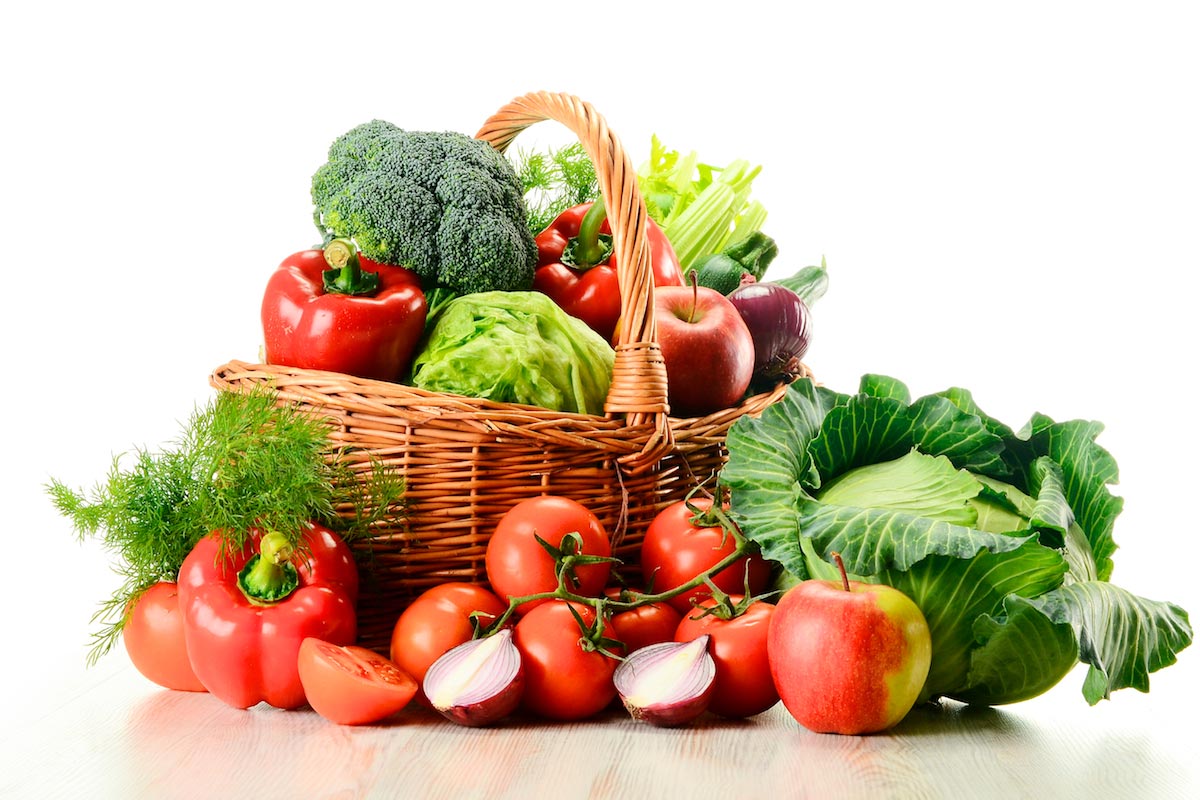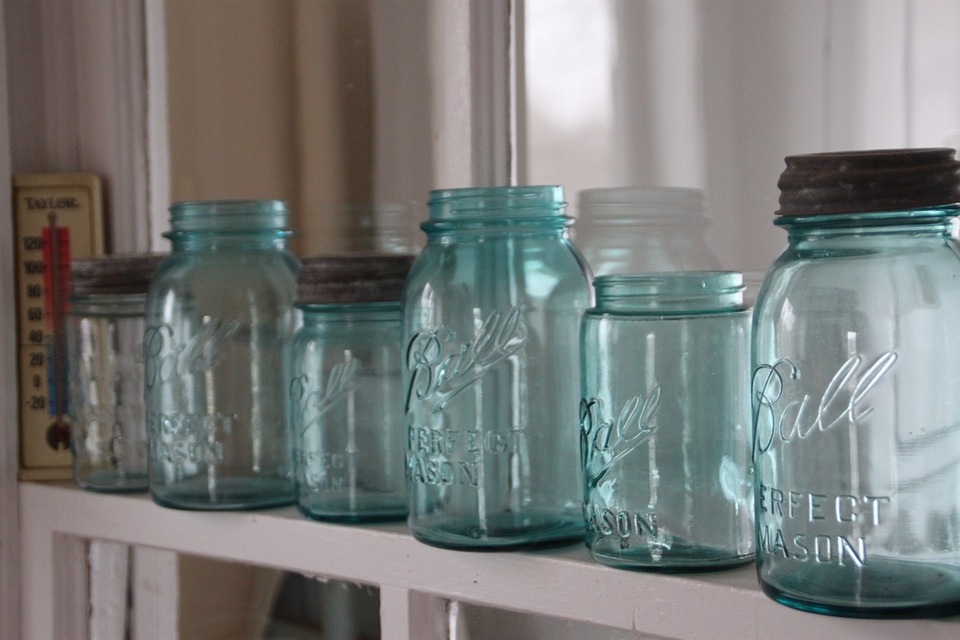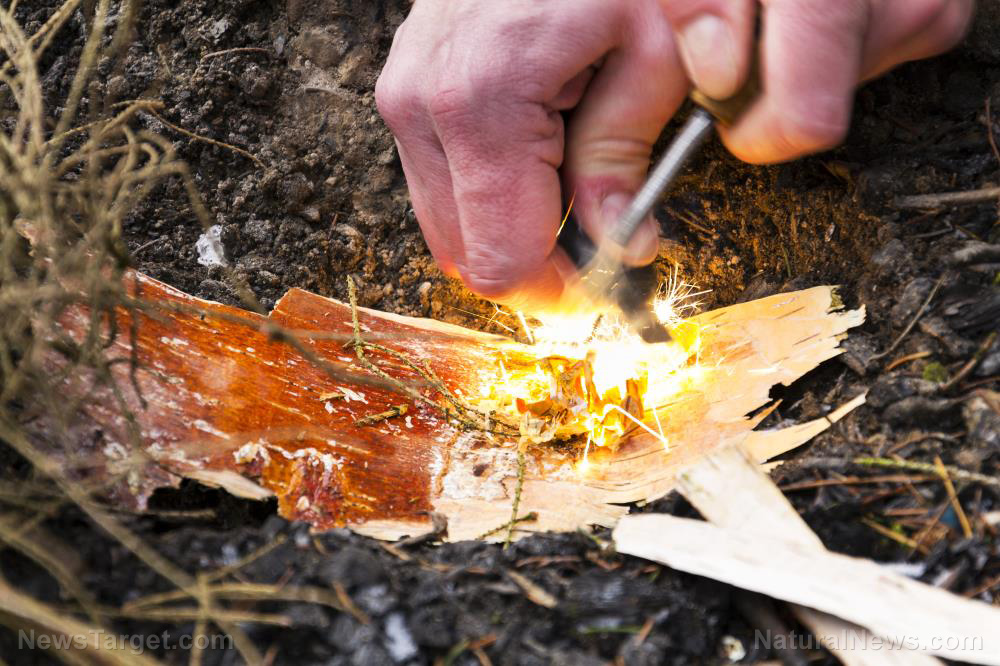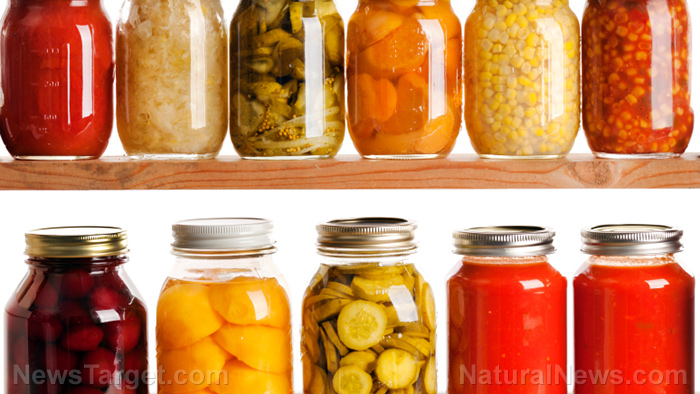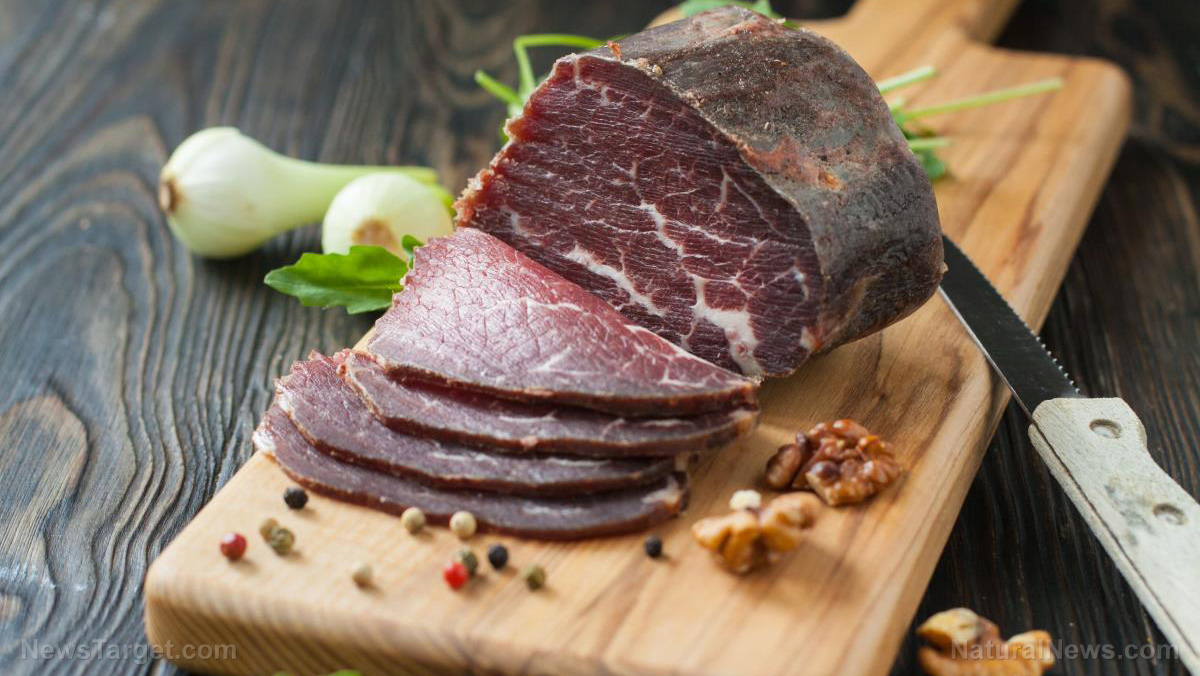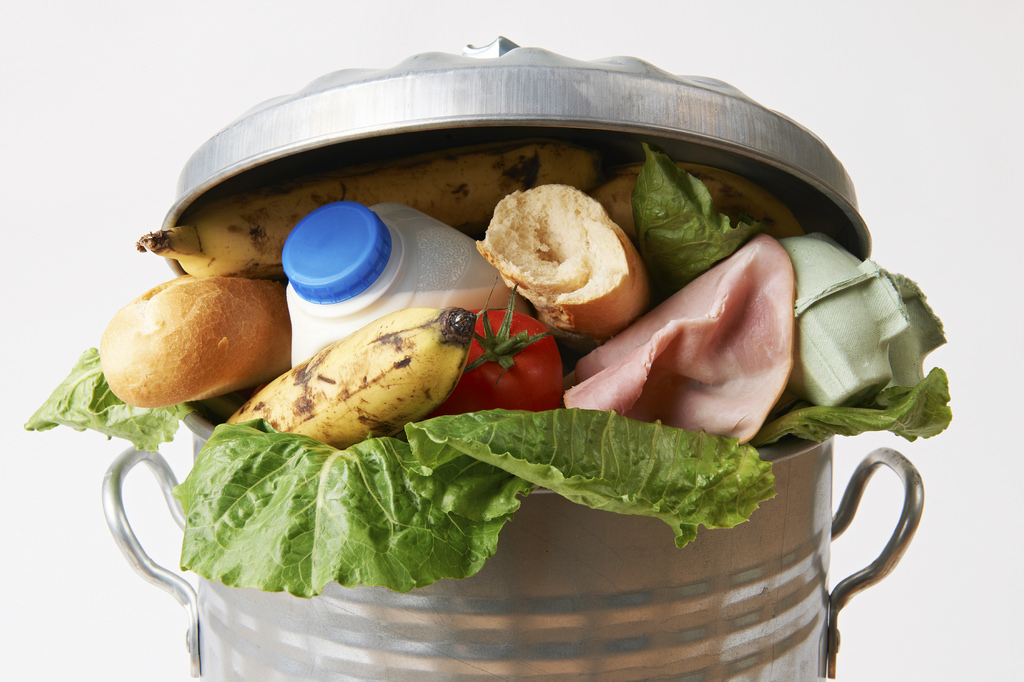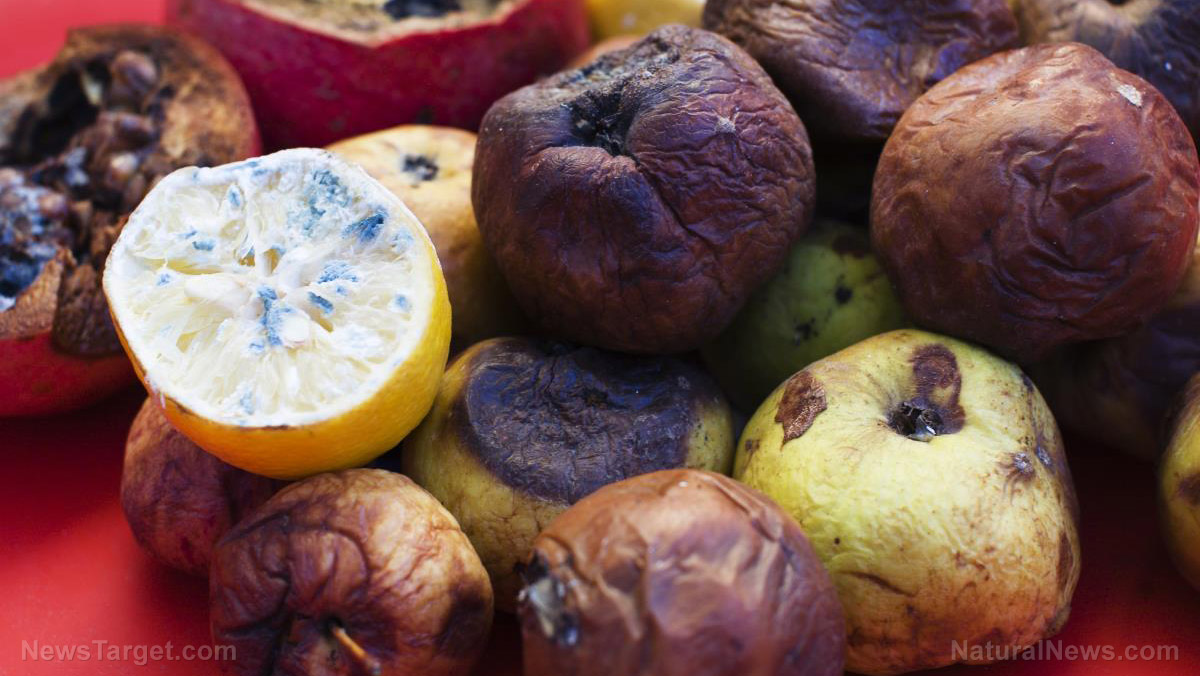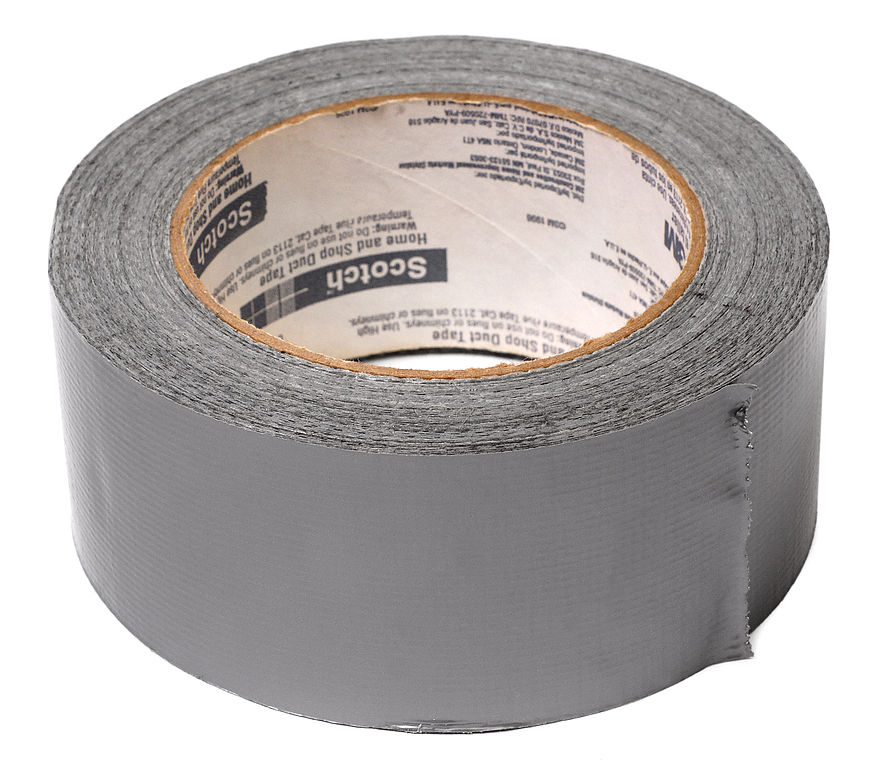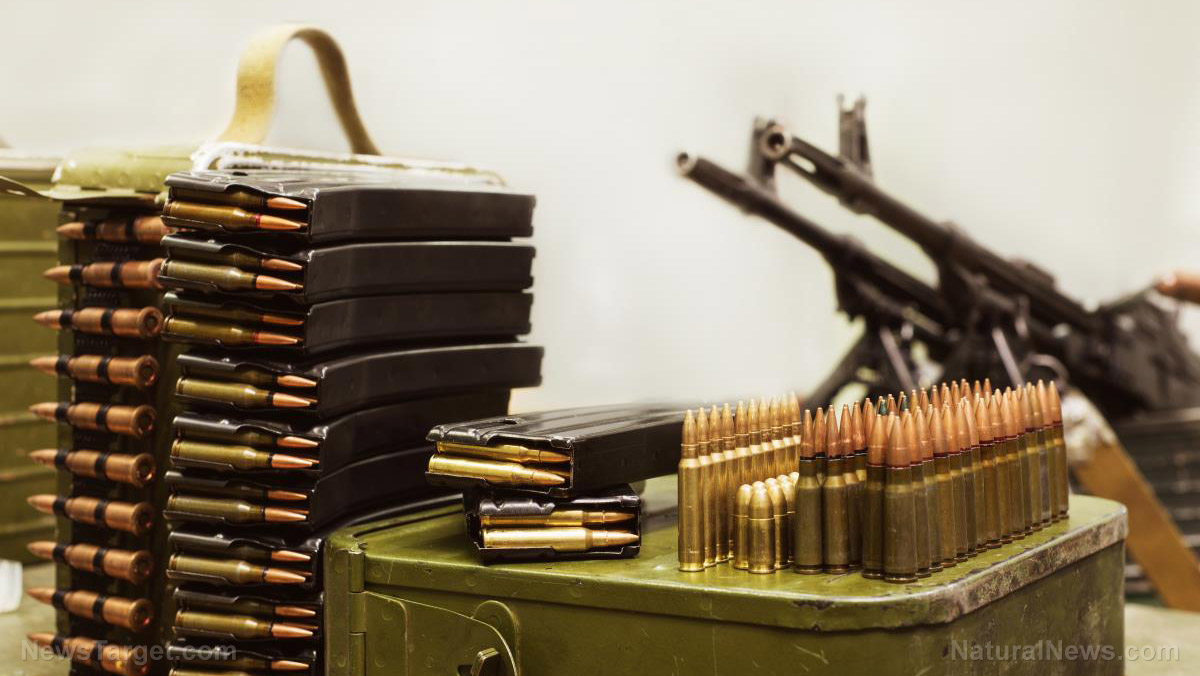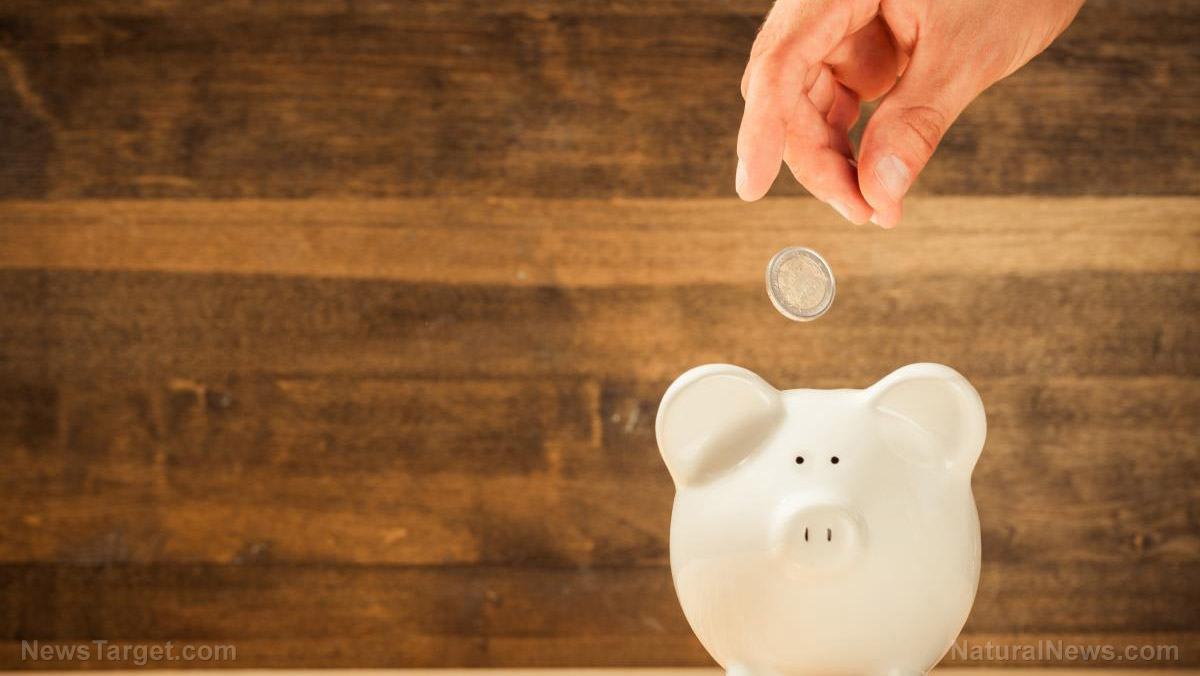Some points to consider when buying land for homesteading purposes
12/24/2018 / By Mary Miller
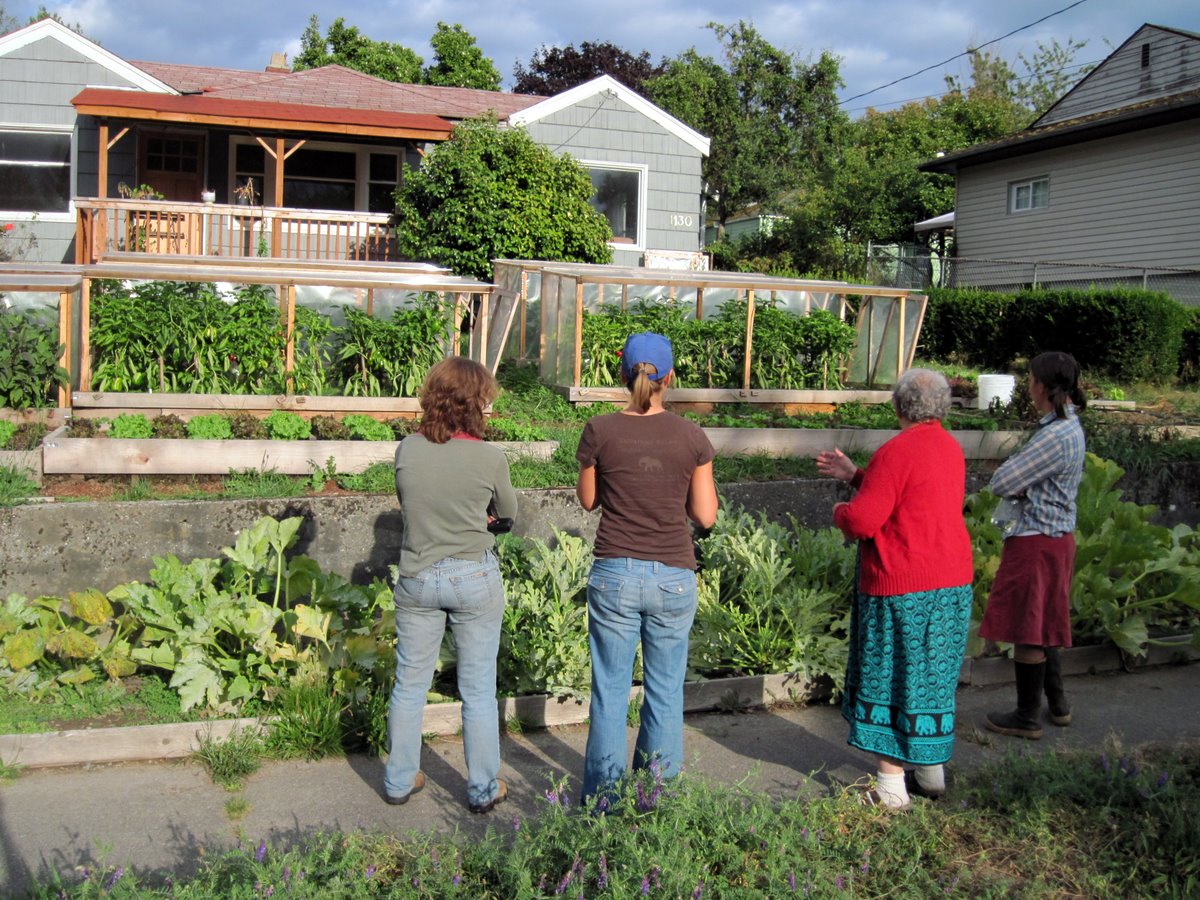
Homesteading isn’t as simple as finding a patch of land, purchasing it, dropping some seeds into the soil, and letting a few animals roam around within the property. There are plenty of factors to consider before you should even think about buying your own land. Here are some important points you should take into account before buying land for your homestead. (h/t to TheSurvivalistBlog.net)
Remoteness and accessibility
Do you value complete isolation or would you rather have a homestead within driving, or even walking, distance of a nearby town? If you really do want to keep isolated and live completely off the grid, how much of modern life’s comforts and conveniences are you willing to give up for it? Humans are naturally social beings and because of this, living in a remote area will come with its own share of difficulties. The road to your homestead might not be maintained, and you may have to pay out of your pocket to manage it yourself. Some remote areas are so cut off from civilization that they lack access to internet and phone lines. What about electricity, heating, water, and other utilities? If you truly plan to live off-grid, you will need to address these concerns as well. If you plan to sell the produce that you grow, you will need to be near enough to a town or city to make any worthwhile profit.
Land characteristics and climate
The local climate will have a sizable impact on the kind of crops you can grow on your homestead. Will there be scorching summers and frigid winters? You will need to plan your crops accordingly. What about the soil quality? You will want to have land that is fertile, does not erode easily, has good drainage, and is viable for growing crops. Many edible plants are better suited for mildly acidic soil. Loam is also an ideal soil type and texture for growing produce. You will also want to make sure your land is composed of tillable acreage. Dense woodland, overly rocky soil, and muddy swamps do not make for good, tillable land to grow crops on.
Zoning restrictions
There is little point in buying land for homesteading purposes when conservative zoning restrictions keep you from raising livestock or even building a house on your property. Before making your purchase, be sure to read all the fine print on what you are and are not allowed to do on the land. Try to look for land that can be legally used for agricultural purposes. (Related: Do your homework: Tips for making sure you get a good deal when buying your homestead property.)
Going organic
Land that has been registered as “organic” is often more expensive than unregistered property. To keep your land registered, it will need to be regularly inspected. Keep these inspections up to date as you will not want to lose your organic status. Other requirements for organic land include keeping your soil free from any residue or heavy metals and abstaining from the use of pesticides, herbicides, and other chemicals. There are also a few other sustainable growing practices you may need to follow.
Amount of land you will need
Depending on your needs, you will not want to compromise on the amount of land you plan to buy. If you have less than the ideal amount of land for your homestead, then your livestock may succumb to overcrowding. Free range animals might tread upon your crops or eat them. If you have too much space, you will not be able to fully maximize the use of your land as the upkeep may come with considerable costs. If you are starting your homestead, five acres of tillable acreage should make for an adequate amount of land to grow enough food, while allowing your livestock enough space to graze freely. It is generally better to buy more land rather than less. You can always choose to sell the extra land later on or rent it out for an added source of income.
If you want to learn more about purchasing land for your homesteading purposes, you can read more articles by going to HomeSteading.news.
Sources include:
Tagged Under: buying land, farm land, farming, green living, Homestead, homesteading, off grid, Real Estate, rural living, self sufficiency, small farm, sustainable living



